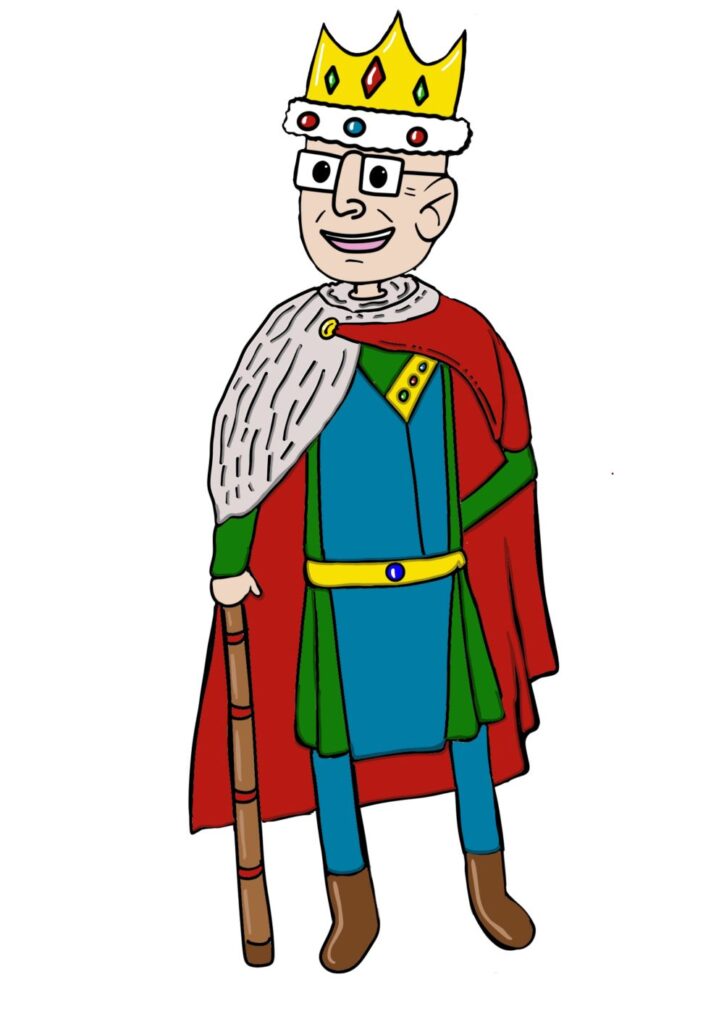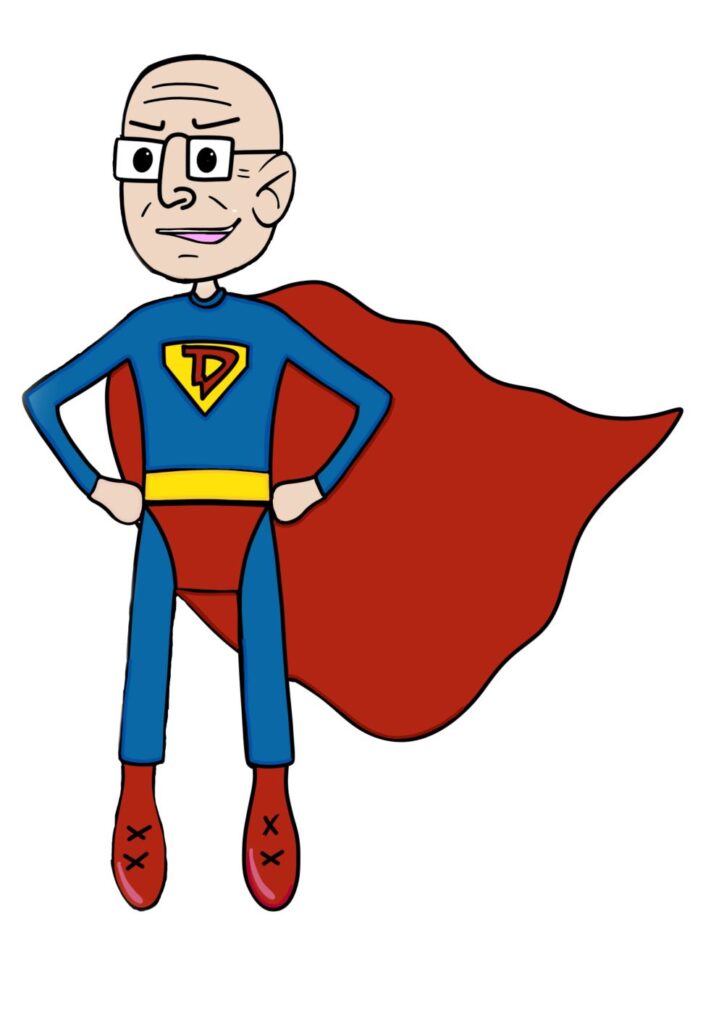In most of the interactions and relationships we have with others, there is some sort of power structure in place. It may be based on age, skill level, gender, seniority or dozens of other factors.
“So what?” you might say, “I know where I stand!” But ask yourself this: “Do I always stand in the right place?”
Think back to a situation where you felt you were ‘on the back foot’ or felt unable to express yourself clearly. What was the other person’s rank in relation to you, what was their level of power and what level of privilege were they coming from? What was your level of rank in the situation, how much power did you hold and what level of privilege?
It may well have been an issue of rank, power or privilege that led to you, or the other person, not behaving as you would have liked to, not knowing ‘where to stand’.
Rank
This can exist in many forms. In organisations and businesses, it is most usually based on a person’s position in the hierarchy and is a combination of their title (deserved or otherwise) and their seniority (not necessarily their ability!). Likewise in clubs, the chairperson and the committee members are elected into positions of rank. In society, it can be related to qualifications, type of work, level of income, or simply being a member of a particular group. And in families, it can be based (not always fairly) on age, gender, levels of achievement or personality.


Power
Power is often linked with rank; those in the higher-ranked positions usually hold more power. But it can also exist in its own right. A common example is ‘Technical Power’; in other words a higher level of knowledge about a situation or topic can put one person in a position of power over another. It can also be associated with level of influence; those with a high level or range of influence are often experienced as ‘holding the power’.
Privilege
Here the focus is often on who has more choice or freedom in a given situation. Again, it can be related to rank and/or power and is often equated with levels of income or wealth. In an interaction, the person with less choice (actual or perceived) will tend to feel disadvantaged or threatened by the other party. Aggression is a common response.

Rank, Power, Privilege and You
These three factors exist in our world; they always have, and used well they can be a force for good. They are often closely interconnected and can combine into a powerful force.
The challenge is how do we exercise them? Consciously, respectfully, and for the benefit of others? Or unconsciously, disrespectfully and for our own benefit?
Take a moment to consider your interactions and relationships from a Rank, Power and Privilege perspective:
- In which situations do you have a high level of rank, power or privilege?
- How do you exercise it?
- What might you do differently?
- In which situations do you have a low level of rank power or privilege?
- How do you handle yourself in these situations?
- What might you do differently?
And remember, rank power and privilege are not inherently wrong, but it is up to us how we use them.
– Words by Dave Burton
daveb@potential.co.nz / www.potential.co.nz
Art by Lucas Rocha






